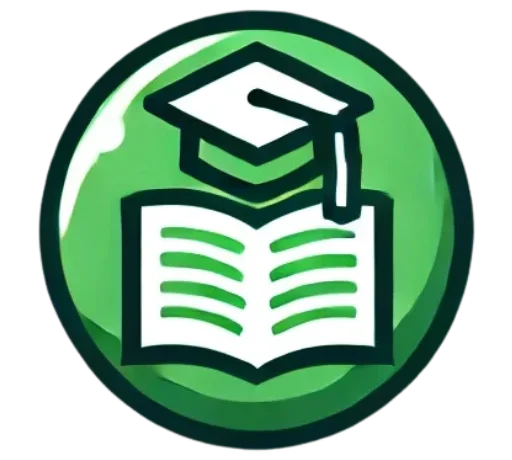Bodies Involved in the Management of SIWES in Nigeria

The Student Industrial Work Experience Scheme is an important training programme in Nigeria that helps students gain practical skills in their fields of study.
To ensure the programme runs smoothly, different organizations work together to manage and supervise it.
These bodies include government agencies, educational institutions, and private sector organizations.
Each of them plays a key role in funding, monitoring, and making sure students get the right training.
Here are the main bodies involved in managing SIWES and their contributions to its success:
1. Federal Government of Nigeria
- Ensure that all ministries, companies, and government agencies must provide placement opportunities for students.
- Give enough funds to the I.T.F through the Federal Ministry of Trade and Investment to support the programme.
2. The Industrial Training Fund
- Continuously review and carryout research into the scheme operations.
- Disburse supervisor and students allowances by e-payment.
- Ensure the visitation of I.T.F officers to the supervising agencies, institutions, employers, and students on attachment.
- Organize national conference and review meetings.
- Organize orientation programmes regularly for students prior to their attachment.
- Plan policies and guidelines for distribution to all taking part bodies, institutions and companies involved in the scheme.
- Provide information on companies for attachment and assist in the industrial placements of students.
- Provide insurance cover for students on attachment.
- Provide logistics and materials necessary for effective administration of the schemes, such documents as: I.T.F Form 8, S.C.A.F and D.E.P.F.
- Receive and process master and placement lists from the institutions through the supervising agencies.
- Vet and process student’s logbooks and forms.
3. Supervising Agencies
The three recognized supervising agencies are the National Universities Commission, National Board for Technical Education, and the National Commission for Colleges of Education.
Their general roles are:
- Collaborate with I.T.F to ensure the implementation of all federal government policies in the scheme.
- Develop, monitor and review job-specifications in collaboration with the institutions towards the maintenance of national minimum academic standard for all programs approved for SIWES.
- Direct to appoint full-time co-coordinators.
- Ensure adequate funding of the units in all institutions.
- Liaise with I.T.F and takes part in the biennial national conference and other relevant seminars, conferences, workshops and meetings.
- Regularly review qualified courses in collaboration with other bodies.
- Research into the development of the programme in line with advances in technological development.
- To ensure the establishment and accreditation of SIWES units in institutions under the jurisdiction.
- Vet and approve master and placement lists of students from participating institutions and forward the same to I.T.F.
4. Nigerian Tertiary Institutions
- Apply job-specifications as prepared for all the accredited courses and award credit units under federal government minimum academic standard guidelines.
- Appoint coordinators and supporting staffs.
- Establish co-ordination units with a separate account adequately staffed and funded to ensure effective operation of the scheme.
- Identify placement opportunities for student’s attachment with employers.
- Organize orientations courses in collaboration with the industrial training fund for their students.
- Prepare and submit to the I.T.F through their supervising agencies, the master and placement lists.
- Register students and capture their bank details at the point of registration.
- Submit all completed forms to the nearest I.T.F area office.
5. Employers of Labour
- Accept students for training.
- Allow training students to have access to their facilities.
- Appoint an industry-based supervisor for students on attachment.
- Collaborate with institutions of higher learning in preparing job-specification for approved courses.
- Take part fully in the assessment of programmes and students by completing the instruments, e.g. I.T.F Form 8, logbooks.
6. Industrial Training Students
- Attend orientation programmes before going on attachment.
- Avoid change of attachment, except in special circumstances which must be determined and approved by their institutions, supervisor, employer and/or I.T.F.
- Be diligent, honest and take pride in protecting an employer’s properties throughout the attachment period.
- Be regular and punctual at respective places of attachment.
- Complete the Student’s Commencement Attachment Form and get it endorsed by the employers for onward submission to I.T.F.
- Record all industrial training activities and other assignments in logbook and complete I.T.F forms to ensure proper assessment.
- Register for the programme and submit at the point of registration, their bank account details to their school coordinators.
- To be obedient to constituted authorities and adhere strictly to all rules and regulations of the organization where they are attached.







I wanted to ask if a computer science student during SIWES program can fill his/her logbook based on Excel,Ms word, power point and Corel draw.
I want to know if it is acceptable.
YES. But hope you can defend i.e., present and answer questions on your write-ups.